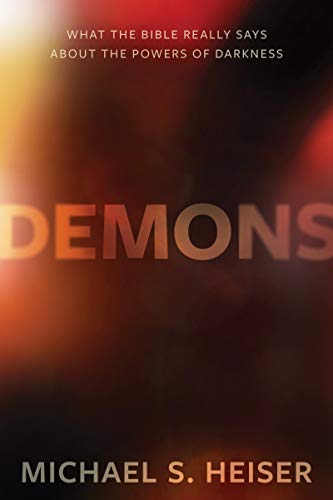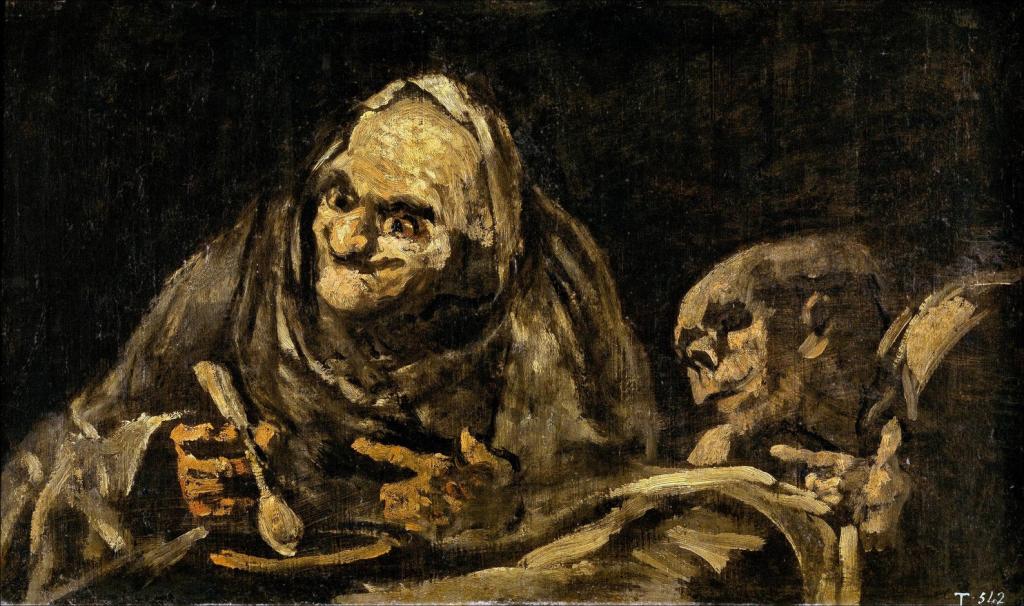BEN: Things certainly get more complex when one takes into account the intertestamental Jewish literature. Just to be sure I understand the implications are you in fact saying that ‘demons’ are the evil spirits of the departed giants or Nephilim, and that not only is this what a text like 1 Enoch believes to be true (rather than just a playing with ANE mythology, grasping for an explanation of evil in the world), but also that this is what the... Read more









